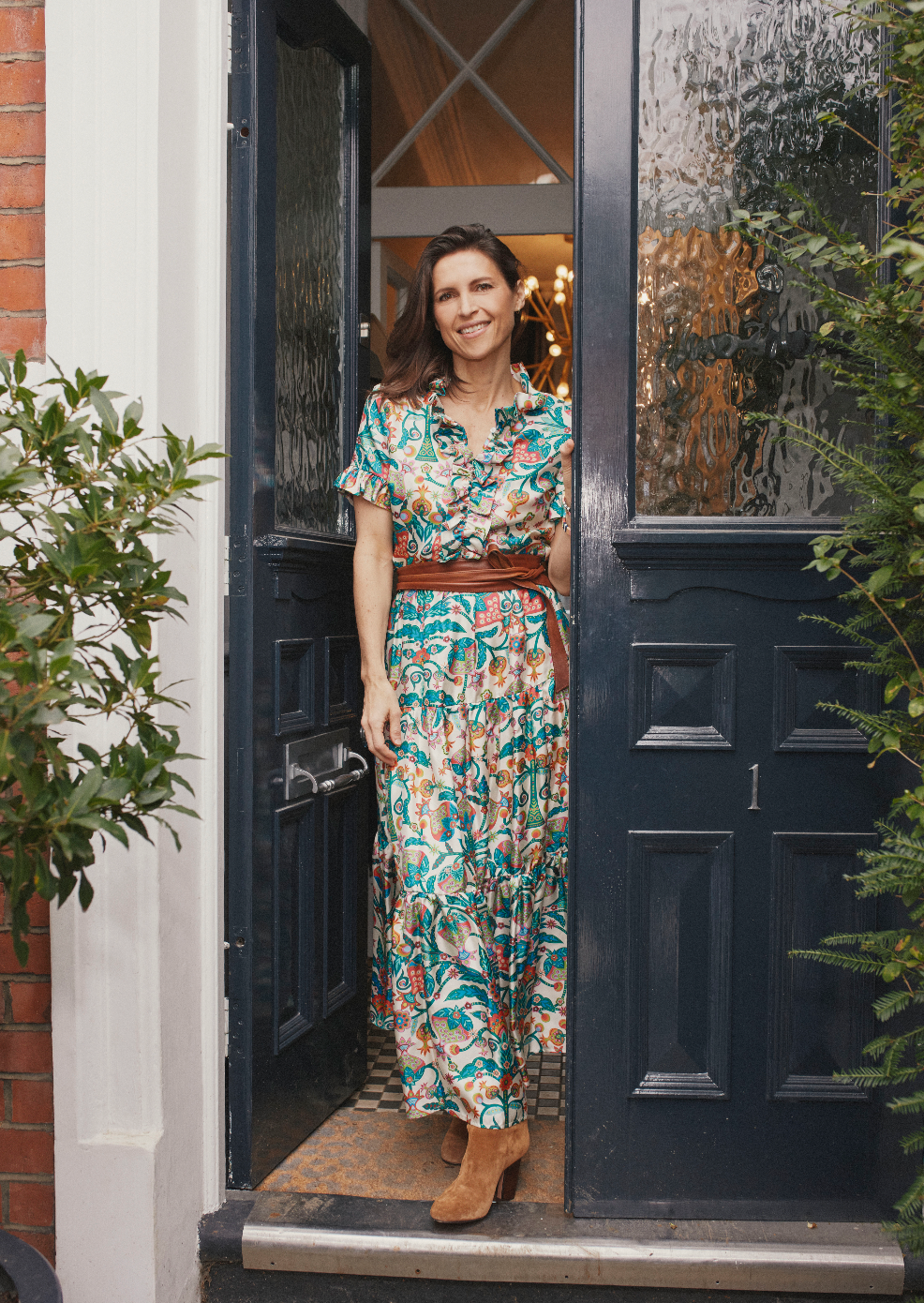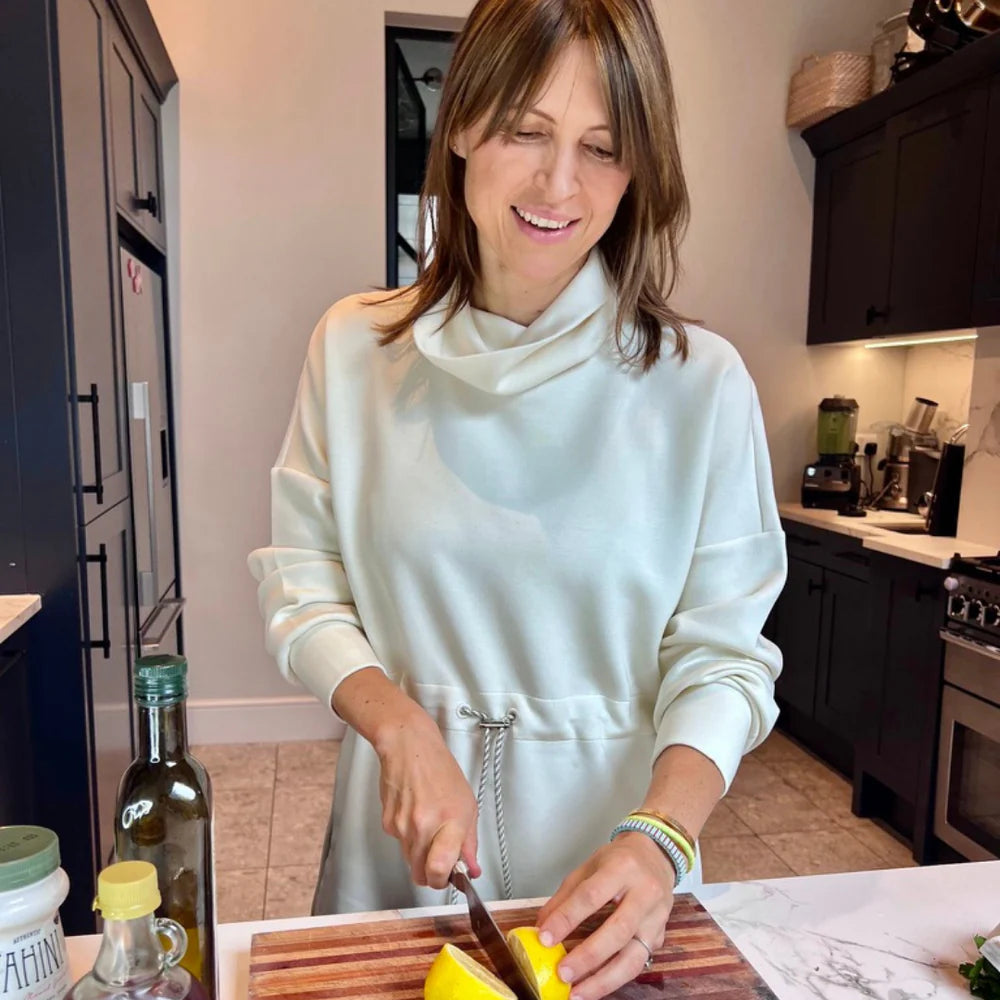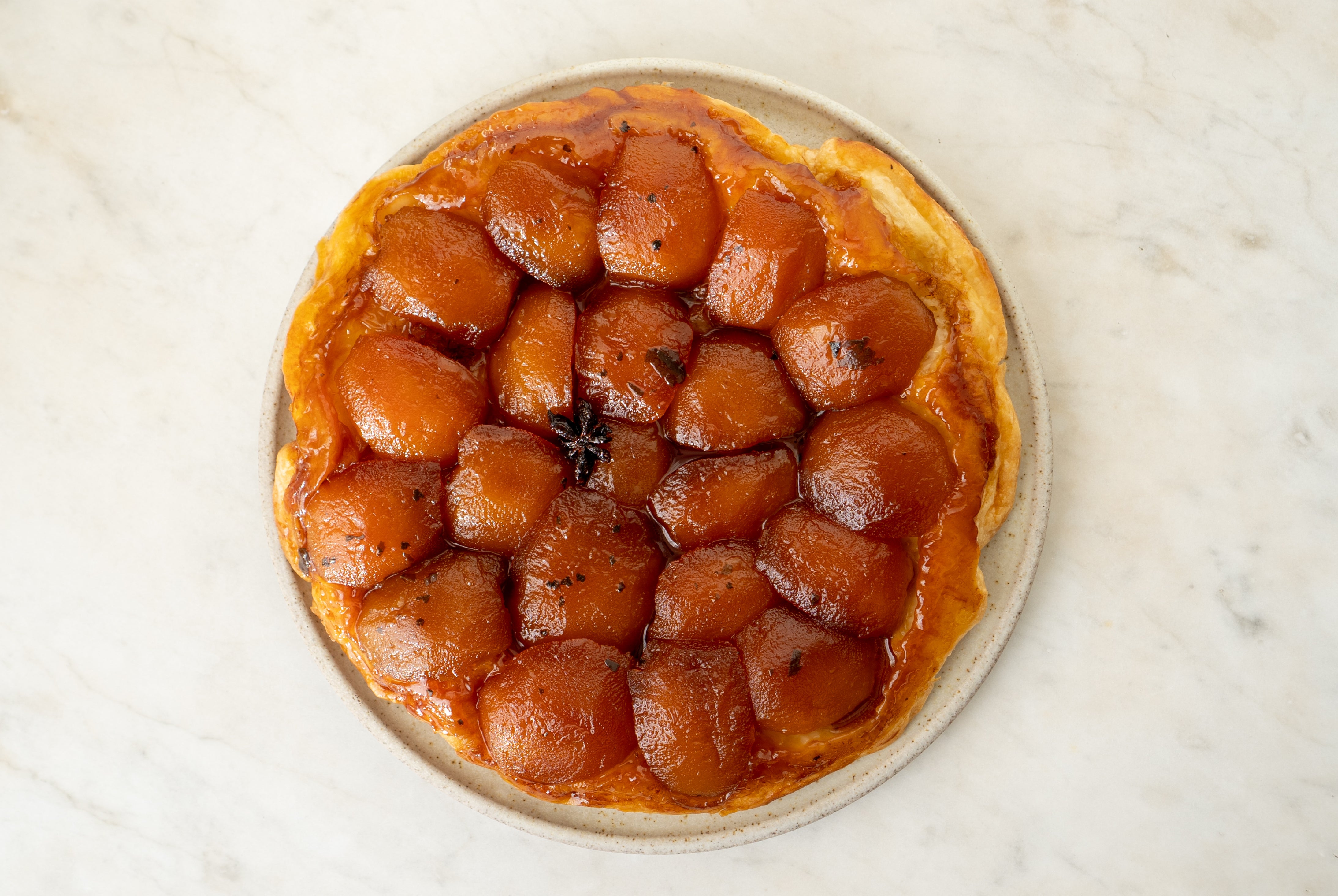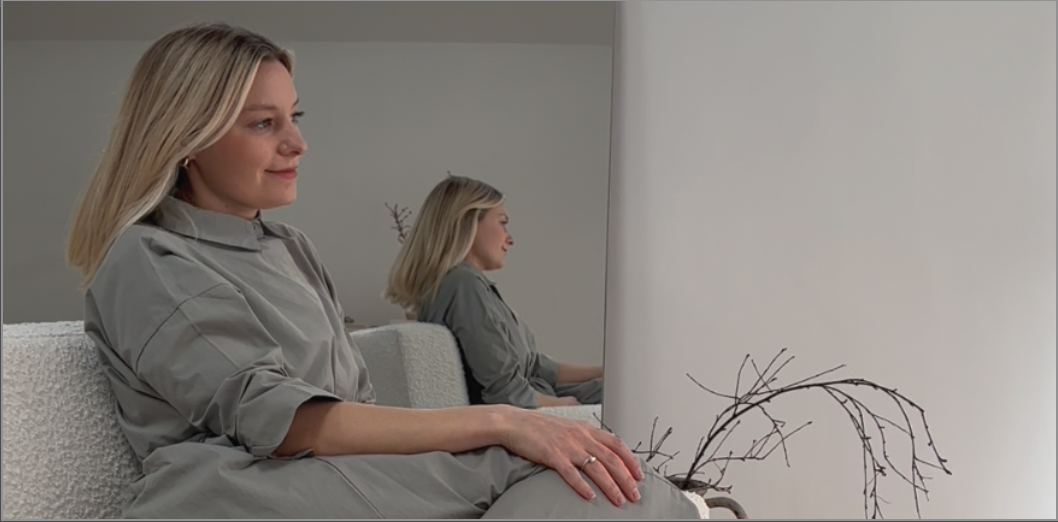In conversation
Rhian Stephenson

Hello Rhian, thanks for taking the time to talk to us can we start by telling our readers a little about yourself?
Thanks for having me! So for those of you who don't know me, I'm a Nutritionist, Naturopath, and founder of Artah Nutrition, a supplement brand that offers effective, evidence-based supplements and nutrition plans. I became quite passionate about health at a really young age because
I was quite sickly as a child. I had stomach migraines, my immunity was terrible, I was on antibiotics 3-5 times per year at least, and my energy was terrible. I had to sleep sitting up because I had terrible heartburn and I was just totally exhausted all the time. I saw an endless number of doctors and it wasn't until I saw a naturopathic doctor in my late teens that I found out that I was allergic to casein, the protein in milk. I eliminated dairy, healed my gut, and addressed nutrient deficiencies from my years of inflammation and infection, and it completely changed my life.
I was totally sold and knew that I wanted to be in this world for my career, so that's exactly what I've done! I was in clinical practice for almost a decade and then ran a boutique fitness business, and I started Artah after a year after I had my first baby, Maisie.
I now have two girls - Maisie is almost three and Lola is 8 months, so lots keeping me busy at the moment!
What do you think is the biggest misconception when it comes to female health?
There is little to no education when it comes to women's health and there's a perception that so many issues are just women being 'emotional', which is incredibly frustrating and leads to a huge amount of misdiagnosis, over-medication and lack of compassion.
On average women suffer for 10 years before being diagnosed with endometriosis, 5 years with PCOS, the list goes on. Without proper education and diagnostic criteria, the knock-on effect is a lack of support and access to care, so there's a real disparity in care in the conventional medical system.
What does mindful living mean to you?
For me, mindful living means being aware of my energy, emotions, and the effect of my choices and attitude on myself and others. It's impossible to separate physical and mental health; our mind is a part of our physical body and there is bidirectional feedback between the nervous system and other areas of the body, so ignoring one in favour of the other will only work for so long.
Our body is inherently smart and responsive, so when we become more mindful, we can quickly notice the feedback it is giving in response to food, exercise, alcohol, relationships, our environment; literally everything. When we ignore these signals, we can become out of alignment quickly.
Nutrition is a great example of this. If we take the time to observe how we feel in the minutes, hours, and days after we eat something, we can quickly notice if it's suiting us.
There's an exercise we use in intuitive eating that talks about how food makes us feel 2 minutes, 2 hours, and 24 hours after we've eaten it, and it's great way to tune in to how food actually affects our emotional wellbeing so that we can start to eat in a way that serves us.
If we've had an emotional day and reach for a tub of ice cream, it will probably make us feel comforted for 2 minutes, but then 2 hours later we'll likely have a sugar crash and feel worse, and 24 hours later fatigued and bloated - it's a nice way to filter out if a craving is purely emotional.

What recommendations would you give to someone who doesn't have a lot to spend on self-care?
A lot of effective wellness practices are free or quite inexpensive. Walking, for example, is one of the best forms of exercise, and it's also a great mindfulness tool. It promotes digestion, reduces stress, moves the lymphatic system, and you can easily step it up to running if you prefer something more intense.
Yin yoga is another incredibly restorative practice and is something that is suited well to doing at home; there are so many online guides online or books on yin positions that it's really easy to implement without an instructor.
Eating well can also be extremely affordable, especially if you can find local farmers markets to buy fresh fruit and vegetables and farm to table meat from (which is often a fraction of the price than what it is in the supermarket).
I always hit the farmers market on weekends and stock up and I get extra meat for my freezer, that way I always have something on hand to make if I don't have time to shop in the week (which inevitably means I order in less).
I am also a huge fan of using a foam roller to help do self-massage; rolling your spine feels amazing and is so restorative! Where I do invest is in supplements because of how much they help my energy, mood and hormones since having my kids.
They've been game changing for me, and are a tool I need to use to be able to stay as energised and positive as I need to be as an Entrepeneur with two babies at home!
We believe that clothing can be transformative, how does this resonate with you?
I can completely identify with this statement. Our clothes are an extension of ourselves and can completely change our energy. When we feel comfortable and are proud of what we're wearing we show up in a completely different way than when we're wearing something that doesn't make us feel good.
On top of how clothes actually look and feel, it's also important as a consumer to trust in the ethos and sustainability of a brand, so feeling good about how a product is made is also incredibly important; this is also something we're passionate about at Artah with everything from packaging and production to ingredient quality and sourcing.





Comments